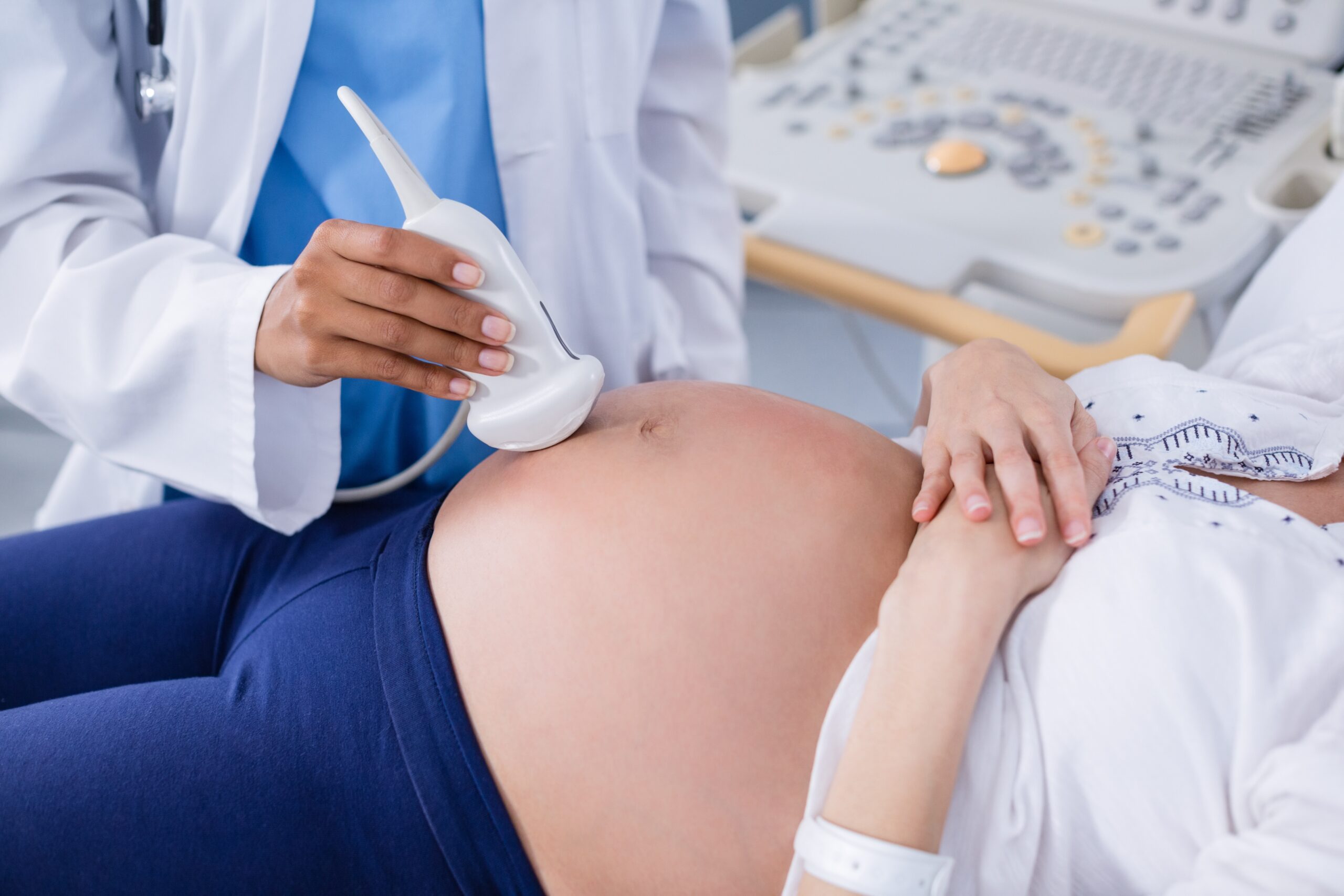The road to pregnancy can be difficult for millions of couples. According to the Mayo Clinic, 10 to 15 percent of American couples are infertile. Many couples who are unable to get pregnant for a prolonged period of time often turn to a fertility specialist for help. A fertility specialist is a physician specially trained in diagnosing and treating infertility to help couples conceive a child. Because this is a sensitive issue, the right specialist will make navigating the process more comfortable. Finding the right fertility specialist to guide you through this part of your life is imperative.
Start with the recommendation of your primary OB/GYN. Ask if your doctor has a working relationship with a fertility specialist. Tell your doctor that you are looking for someone who has a proven track record in a high volume fertility clinic and a reputation for a compassionate ability to navigate patients through this sensitive and stressful process. If you’re comfortable with it, ask friends and family who have experienced similar issues who they have gone to and what they liked and did not like about their experiences.
Learn what your insurance covers and does not cover. Some states mandate infertility coverage. If your insurance covers fertility treatment, you may want to investigate their in-network specialists to avoid paying higher out-of-pocket expenses.
Once you have a list of possible fertility specialists, start doing research. What do online reviews say about their success rate, bedside manner, and track record?
The location of your specialist is important, because you will need to make appointments at the fertility clinic several times a month or more for monitoring once your IVF cycle begins. You might need a clinic with early morning, evening, or weekend availability so you do not have to miss work. Is the clinic open seven days a week? This is important as the ideal time to perform a particular treatment or procedure does not always happen during bank hours. Does the clinic provide other services like support groups or counseling?
Make sure the specialist is board certified. The American Board of Obstetrics and Gynecology requires OB/GYNs to complete additional training in order to obtain a subspecialty certification in reproductive endocrinology and infertility. Look into their qualifications and what kind of success rates they have experienced.
Once you have found a specialist that looks good on paper, schedule a consultation appointment. Think of this appointment like a job interview. Notice the office environment as soon as you walk through the doors. Is the office staff warm and inviting? How well does the doctor communicate with you? Do they adequately explain what possible tests can be done and discuss how your treatment plan will be developed? Do you feel comfortable with the doctor? What success rate does their experience suggest? Treatment of infertility can be a frustrating and emotionally challenging experience. Finding a specialist with good communication skills is essential.
Take all these factors into consideration as you make your decision. Once you find a fertility specialist with a proven track record that makes you feel comfortable, then you can concentrate on the road ahead.

